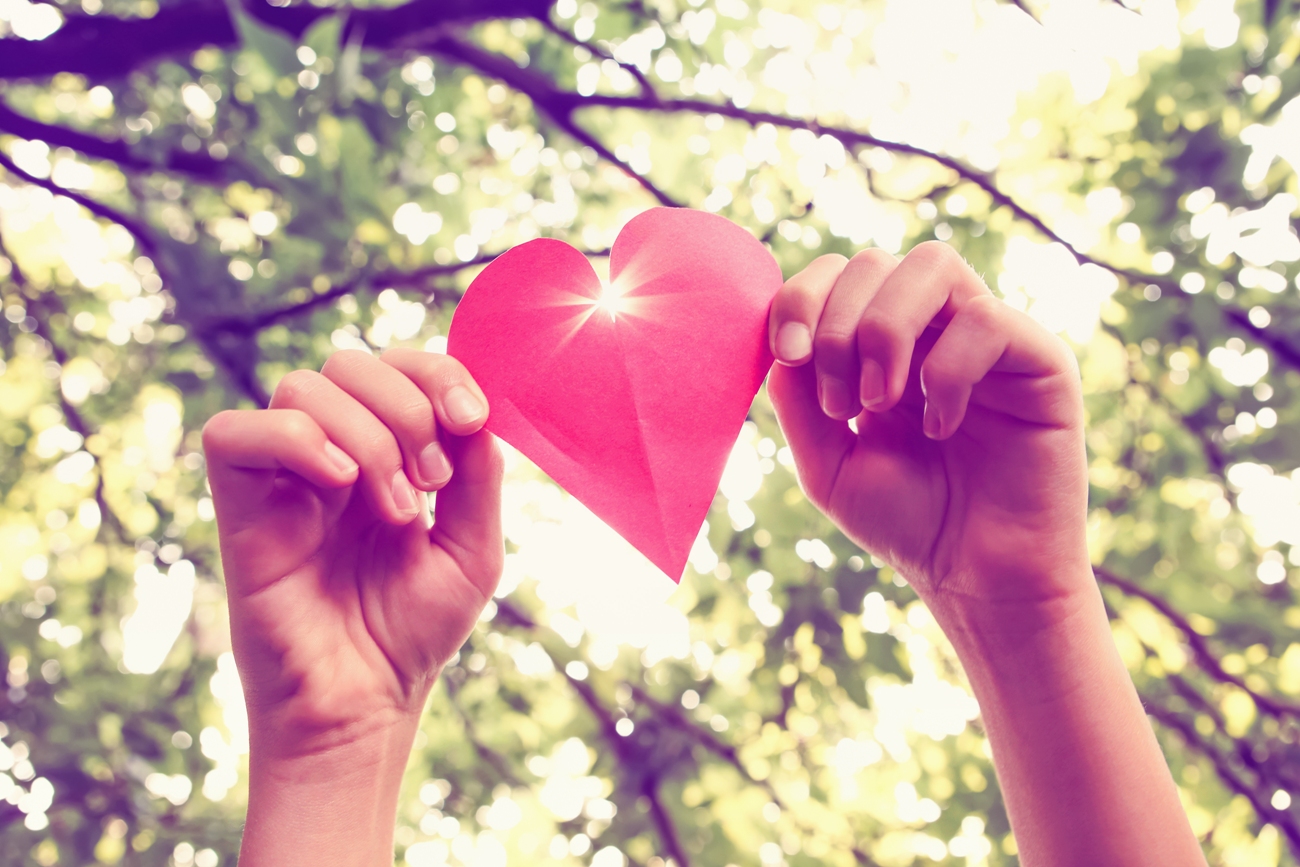My feelings of love for my fiancé seem to come and go. In fact I’m not really sure what I’m “supposed” to be feeling. I mean what is the experience of love supposed to feel like?
Everyone talks about love; loving their husband or wife when they first get married, but then why do so many marriages end up in divorce? What happened to the love that they say they had for each other? It scares me to think this way, because I’m planning for a wedding in June, but I don’t always feel “in love.” Don’t get me wrong, my fiancé is great, and we get along well and feel close most of the time. I guess I’m just not totally sure what love is. I’m attracted to him, but is that love? I want the best for him, and am hurt when he is hurt – but is that love? I don’t want us to end up a part of the divorce statistics.
Dr. Norquist responds:
The word love has been used in so many ways in our culture. The media tends to present it as something that we have to get from another person in order to survive. Thus, people will go through all kinds of contortions, manipulations and false presentations to allure and capture someone’s “love.” “Love” gathered in this way does not last, because it is based on the illusion that we have to be or look a certain way to get love from someone.
Love is an inner experience that is cultivated and developed through our predominant thoughts, intentions, feelings and actions. As we act lovingly, we provide the emotional safety that is necessary for love. As we perceive others and ourselves with compassion, we deepen the experience of loving. Through respecting each other’s feelings and needs, we affirm each other as individuals and support each other’s growth. As we consciously choose grateful, hopeful, positive thoughts and attitudes in response to our daily experiences, we lay a solid foundation for love to grow in our lives. What does it mean to act lovingly? The best known quote on love, of course, is the New Testament’s 1st Corinthians 13. In this classic verse, love is described as patient, kind and enduring. It is defined as neither rude nor jealous, neither irritable, nor resentful. One of the main understands conveyed here I believe is that the feeling of love doesn’t just happen to us. Neither is it something we have to get from others. Love is an experience we create through actively choosing to act with kindness, patience, acceptance and compassion.
As you treat your fiancé lovingly, you set the pattern for the expression of love in your relationship. This creates a safe space that can serve as the foundation for the trust that is necessary to support an ever-deepening level of intimacy between the two of you. The message that I believe you need to hear (to address the fear and doubt underlying your question) is that you have great power to affect the course of your relationship over time. The power lies in how you choose to act in response to your fiancé’s actions and the life stressors that occur during the normal course of life. Divorces do not just happen. You are not helpless here. You do, of course, need to choose a positive partner who will also commit to doing his best to act from a place of kindness, patience, understanding, and respect for your feelings and needs. None of us is perfect, of course, in this regard. What is most important is the intent, and the ability to acknowledge and grow from our mistakes. Although it’s important to evaluate the viability of this commitment and carefully consider the factors necessary for its success, I’d encourage you not to let your fears leave you standing on the sidelines. Loving is the most worthy commitment and venture we can embark upon in life.



